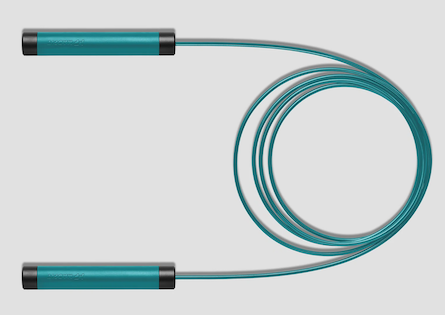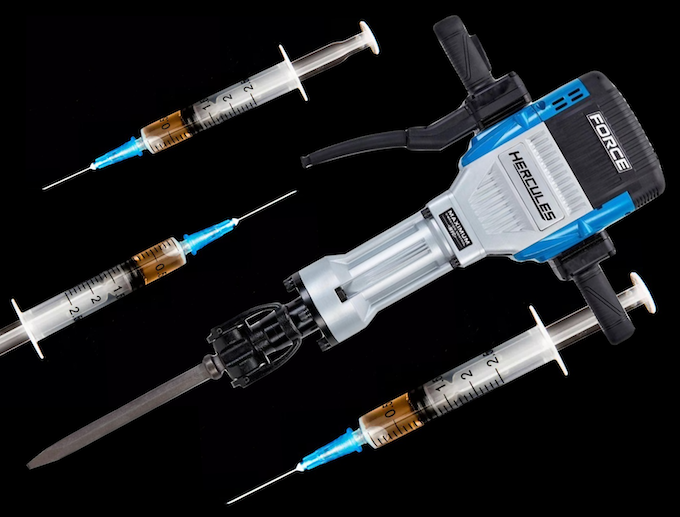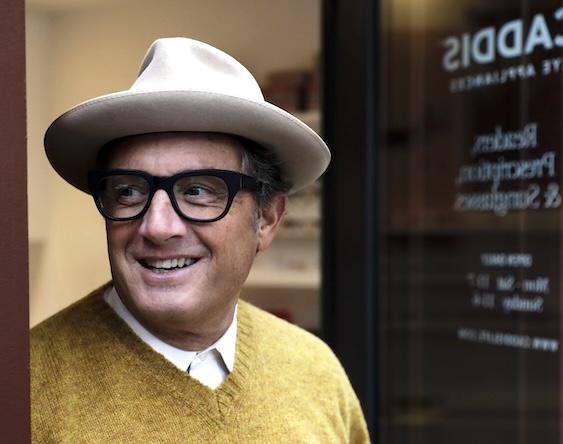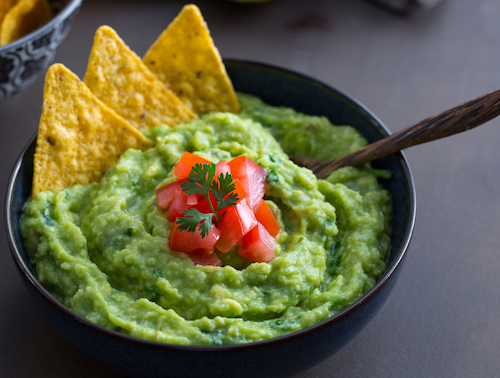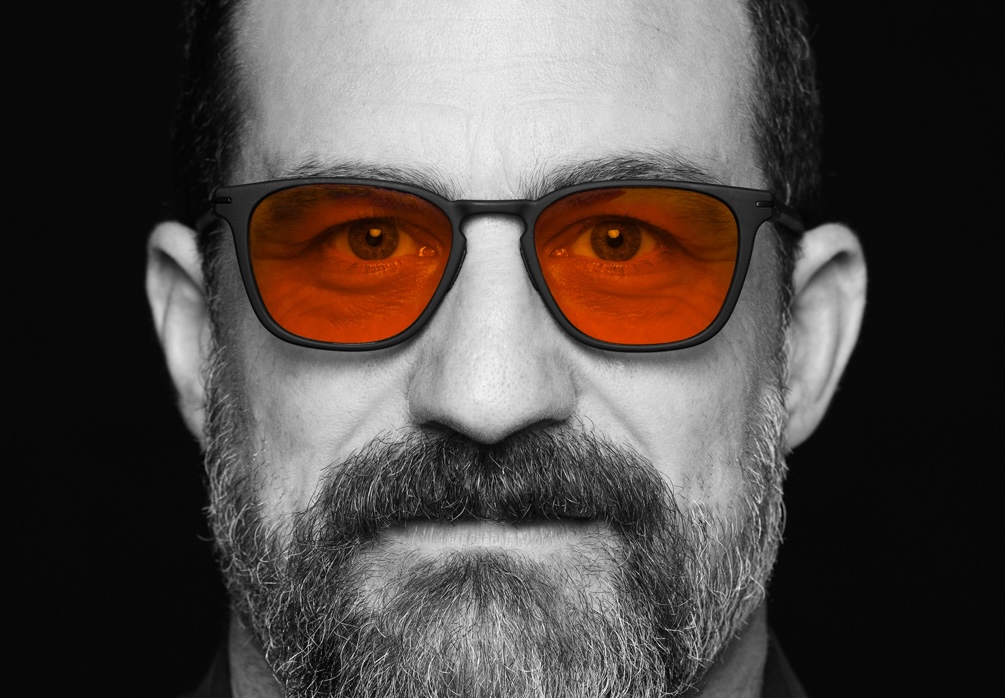Back in May we did a follow up piece with Dr. Richard Firshein on our guide to the three Covid vaccines (read here). At that time, the FDA and CDC had just recommended resuming the Johnson & Johnson vaccine after a pause due to rare cases of blood clotting that occurred – in one case resulting in death. Despite vaccinations being on the decline at that time, there was a feeling of optimism as cities were reopening. It felt like things were getting back to normal just in time for summer.
Then came the Delta variant and the surge in cases among the unvaccinated. With breakthrough cases, booster shoots, and new kinds of treatments the latest topics of discussion, we wanted to check back in with Dr. Firshein for an assessment on the state of Covid and the pandemic’s evolution. Dr. Firshein is one of the leading authorities and practitioners of integrative medicine and our go-to expert for the latest medical news and information.
STYLE OF SPORT: When we last spoke, it seemed like we might be getting out of the woods with this pandemic. I’m hearing that again now. But I remember you saying about how insidious this virus is, and how it loves people who are unvaccinated because that’s where it mutates. While Covid has become the pandemic of the unvaccinated, they keep it a threat to us all.
DR. FIRSHEIN: A cautious mentality is a good idea any time there are new medications or pharmaceuticals. I do understand the vaccine hesitancy. In this case we have had to make decisions without all the data and on more of an accelerated time frame than we would normally like. People who are hesitant know that vaccines were not always tested appropriately, but there are those on the fringe who feel like the vaccines are part of some nefarious global plot, that it will cause long term disabilities and kill people en masse. The reality is these vaccines are remarkably effective and save lives. The goal of Covid is to infect every person on earth, and we’re only 2-3% infected thus far.
SOS: I think people who aren’t getting the vaccine don’t understand the seriousness of this virus and how lethal it is. You hear about people testing positive all the time, but not how sick they are. That used to be the big news story, but not anymore. The perception now seems to be it’s just like a really bad flu.
DR.F: Covid is not like a flu virus. It causes systemic illness. When we check for Covid we find it in people’s livers. We find it in their brain. We find it in their lungs and in their heart, because the spike protein to which the virus attaches is found virtually everywhere in the body. When people say they lost their sense of smell, that means it attacked their central nervous system. Once Covid gets into your system, it’s able to bypass all the usual check points and gain access to every part of your body.
“If the calculus of whether somebody should get a booster is intermixed with a calculus about how many people around the world still have not gotten their first vaccine, it’s not scientific at that point. It becomes a political decision.”
SOS: Then you hear about those who chose not to get the vaccine asking for it when they’re in the hospital and it’s too late.
DR.F: One of the challenges with the Covid vaccine is, especially now with the breakthrough cases, what are the goals? When you have a vaccine for a disease like polio, your goal is to not have anyone get polio. When you have a virus like Covid, the goal is to reduce the rate of hospitalization, because that’s when people die. They deteriorate quickly because they are not being treated right away. They’re not getting oxygen. They’re not getting medication. Hospitals are overrun with cases and are rationing care. Patients’ likelihood of dying is much greater unless they are under the personal care of a doctor or nurse. When I deal with people with Covid, every case requires my 100% attention.
SOS: Covid has been politicized from Day 1, and there have also been inconsistencies in both the CDC and FDA recommendations that have undermined their credibility. It seems like we’re in a similar scenario now with the boosters.
DR.F: If the calculus of whether somebody should get a booster is intermixed with a calculus about how many people around the world still have not gotten their first vaccine, it’s not scientific at that point. It becomes a political decision. Deciding whether to get a booster has many variables. It does become complicated, and you need a trusted voice. When you have a lot of agencies that are providing information, there is going to be a difference of opinion even within the scientific community. For example, when these agencies have split decisions on boosters, rather that providing thoughtful guidance, they send out mixed messages.
SOS: Pfizer boosters are now available for higher risk individuals after 6 months. Johnson & Johnson and Moderna have applied for FDA authorization of a booster shot. Has one vaccine been shown to be more effective than the other?
DR.F: At this point, it looks like Moderna has had fewer breakthrough cases. Moderna produces 3 to 4 times the messenger RNA than Pfizer, so in that sense it’s much stronger. That doesn’t mean Pfizer won’t protect you. It just may mean you may benefit more from a booster sooner.
SOS: Why is the CDC only recommending the boosters for certain people?
DR.F: There is no exact science at this point, which is why there are a lot of questions. With every calculation about Covid there are a number of factors. You need to do a personal health check and ask what is my risk? What kind of job do I have? Who are my friends? Are they vaccinated or unvaccinated? Do I go to restaurants or indoor environments frequently? Am I a teacher? Am I a health care worker? How old am I? Do I have any underlying health conditions… and so forth. There needs to be a strategy for who gets the booster and it shouldn’t be reflexive.
SOS: What about mixing vaccines and boosters? If I got the Johnson & Johnson vaccine, could I get the Pfizer booster?
DR.F: It’s not allowed as of yet, but it could be beneficial for specific individuals like those at high risk for side effects from a specific vaccine, i.e. clotting from Johnson & Johnson or Myocarditis from Pfizer. But for most, sticking with their vaccine is likely best.
SOS: You have been treating people with Covid. We hear about a lot of medications from ivermectin to remdesivir to monoclonal antibodies. There are new antivirals in development. Merck has just sought authorization for their antiviral molnupiravir. What are the latest developments on that front?
DR.F: The best treatment is monoclonal antibodies which augments your own immune response. They give your body the ability to get a head start on the virus, but there will be better oral medications. Merck’s drug is likely to be followed by a number of antiviral pills other companies are racing to bring to market. These are not a substitute for a vaccination, but they have been shown in trial to cut the risk of hospitalization or death from Covid by roughly 50%. The trials have been small, so real time data will show whether they are effective or not. Any help at this point is encouraging
SOS: With only 56% of Americans fully vaccinated, are there any new vaccines in development that could change that statistic?
DR.F: There will be intranasal vaccines that provide first defense type of immunity without getting a jab in your arm. Perhaps that will persuade more people who don’t want a first, second, and third shot. Maybe it will be a combination of injections and then an intranasal booster. We are learning about which vaccines are better and what they are capable of. As the science continues to improve and data flows in, we’ll have a better handle on things.
SOS: So what’s the takeaway at this stage?
DR.F: We’re at a moment where the die is cast. We’re in this thing for better or for worse and we have choices to make. Either you’re going to get Covid or you’re going to get a vaccine. You may end up with both, but hopefully with a milder case. The good news is we’re moving rapidly to a place where Covid is becoming endemic in nature, rather than pandemic. We’re getting to a point in the curve where people are getting sick but not ending up in the hospital. There will be periodic moments where we’ll have to adjust as a society and as individuals to understand our responsibilities. I think there are some hopeful things on the horizon, but also big red flags. This virus does not want to go away and it has every reason to stick around because it has plenty of people to go after. But you have the option to improve your odds and not succumb to it.
Photo Illustration by Claudia Lebenthal















